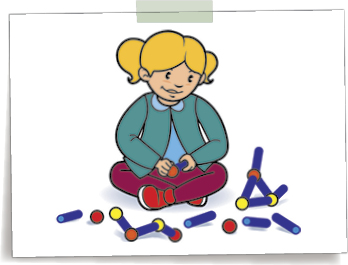Voice
Voice
If your child is having difficulty with their voice, try to reduce situations where your child is yelling or talking over the top of noise. Encourage periods of quiet activities to give the voice a rest.
How do I know if my child has a voice problem?
A child may have difficulty with their voice when it frequently sounds:
- rough or hoarse
- husky
- nasal (like they are talking through their nose)
- unusual or different to their friends' voices
Some tamariki (children) may lose their voice completely at times.

How can I help my child with a voice problem?
Avoid yelling
Try to reduce situations where your child is yelling. For example, try not to yell across a room or playground instead, encourage them to walk over to talk to someone.
Have a quiet environment
Try to reduce situations where your child is talking over the top of noise; like loud music.
Encourage quiet activities
Encourage periods of quiet activities to give the voice a rest; such as looking at books or doing a craft activity.
Who should I talk to if I am concerned about my child's voice?
If you have any concerns about your child's voice talk to your child's doctor who may refer your child to a specialist or a speech language therapist.
This page last reviewed 08 December 2023.
Do you have any feedback for KidsHealth?
If you have any feedback about the KidsHealth website, or have a suggestion for new content, please get in touch with us.
Email us now